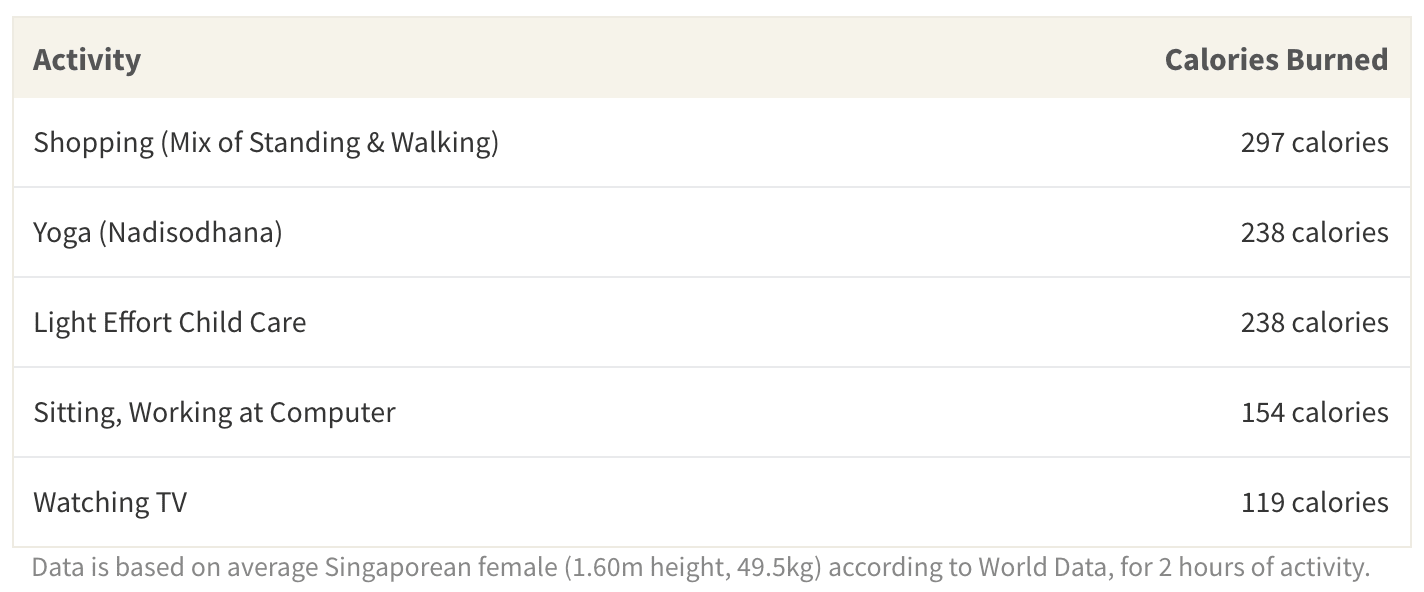4 Ways Shopping Actually Improves Your Life
Shopping is a great way to have fun and treat yourself. Surprisingly, it can also have a positive impact on your mind, body, and overall well-being. Below, we've explored 4 ways in which shopping offers substantial benefits and how you can make the most of these perks.
1. Can Relieve Mild Depression & Boost Productivity
If you're a frequent shopper, you're probably familiar with that rush of happiness that comes with a new purchase–but did you know that this joy stems from a physiological process, impacting your brain in several ways? When shopping, our brains anticipate the reward of a new purchase by producing dopamine, a neurotransmitter that produces feelings of pleasure and satisfaction, and endorphins, which relieve pain and stress. Research shows that because these physical reactions are primarily driven by anticipation and unpredictability, consumers can experience a mood boost–and even relief from mild depression–just from window shopping, bargain hunting, or online browsing.
Additionally, taking time for a quick shopping break gives our brains a reprieve from the daily grind. Research shows that short diversions are actually conducive to increased focus and productivity later in the day. It's worth pointing out that these benefits are tied to thoughtful, reflective shopping; spending responsibly is key to avoiding debt, or overextending financially.
2. Keeps You Moving with Low-Impact Activity
The average size of a shopping mall in Singapore is 24,855 sqm, with an average of 150 retailers per centre. Considering just how large a typical mall is, you may be getting more activity out of your shopping trip than you'd think. The walking involved in casually shopping for 2 hours can easily burn about 300 calories, especially considering carrying-weight from purchases and bags. Furthermore, according to Harvard Medical, walking is a great way to stay active without putting excess stress on joints, and can reduce the risk of cardiovascular events by 31%. While a healthy lifestyle overall is key to enjoying these benefits, your time walking around the mall can still contribute to your well-being. If you have the time, consider heading out instead of staying in and shopping online.

3. Can Offset Your Bill with Cash Rebates
Maybe you limit your shopping budget every month, choosing to focus on the essentials (rent, utilities, food, etc) instead. While this is certainly responsible, your shopping spend might actually help you save on such necessities. Plenty of credit cards–both cashback and miles–are tailored specifically for shopping and offer high rewards rates for retail spend. If there is something in particular you've been meaning to buy, you might as well earn a rebate for your purchase that can offset your monthly bill. "Shopper cards" also tend to come with added perks, like big bonuses with select retailers, restaurant discounts, and 0% interest instalment plans (so you can make big purchases and pay them back over time). Overall, your shopping spend doesn't need to be a point of guilt; it can actually return value when managed responsibly.

4. Promotes Aspirations & Fosters Responsibility
Shopping can be a great tool for personal development. Many of us channel our ambitions into our purchases–a new skirt for the office, a juicer for healthy breakfasts, maybe sneakers for a morning run. These purchases are meant to improve our lives. By shopping and purchasing such items, we're investing in a goal, which is the first step in a journey. When used, these items can often even impact our performance. For example, one study found that consumers performed better on attention-based tasks when they 'dressed the part' by wearing a lab coat. The symbolic meaning we attribute to the things we buy impacts our experiences with them–another way in which shopping has an impact.
Finally, shopping can drive development by fostering responsibility. Young adults, or those without credit history, can slowly build their credit score by charging purchases and then paying their monthly bill. With parental guidance, such engagement can not only instill a sense of accountability, but also promote financial literacy.
